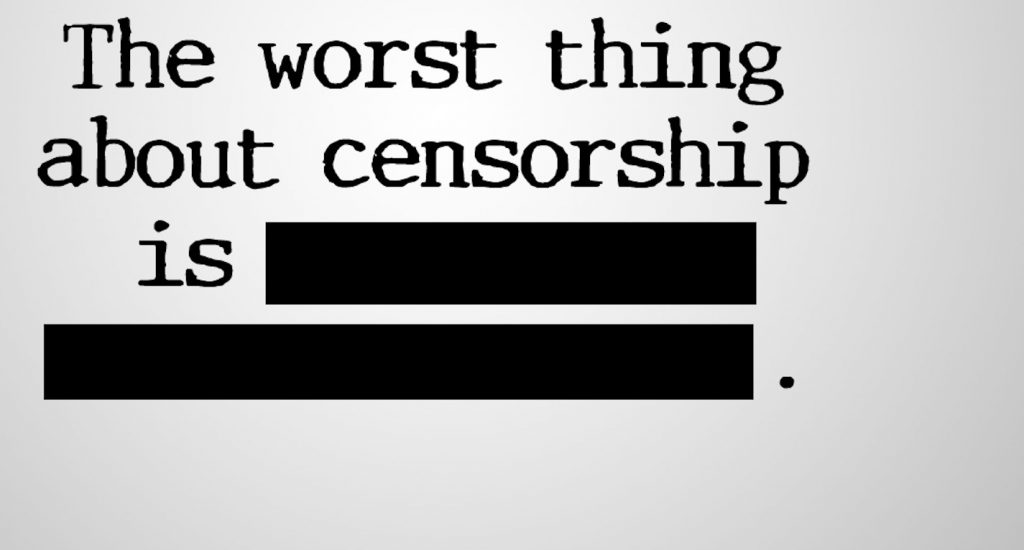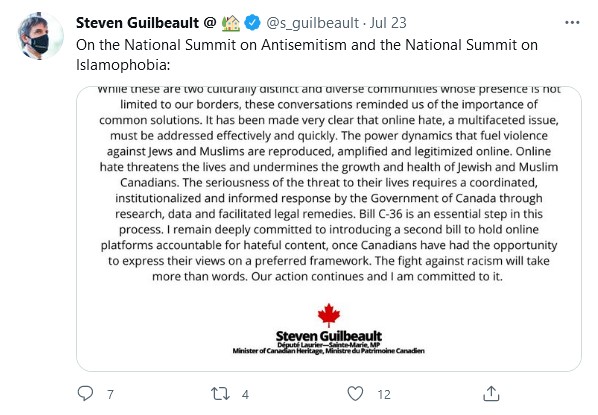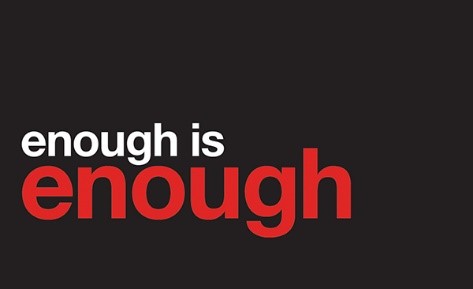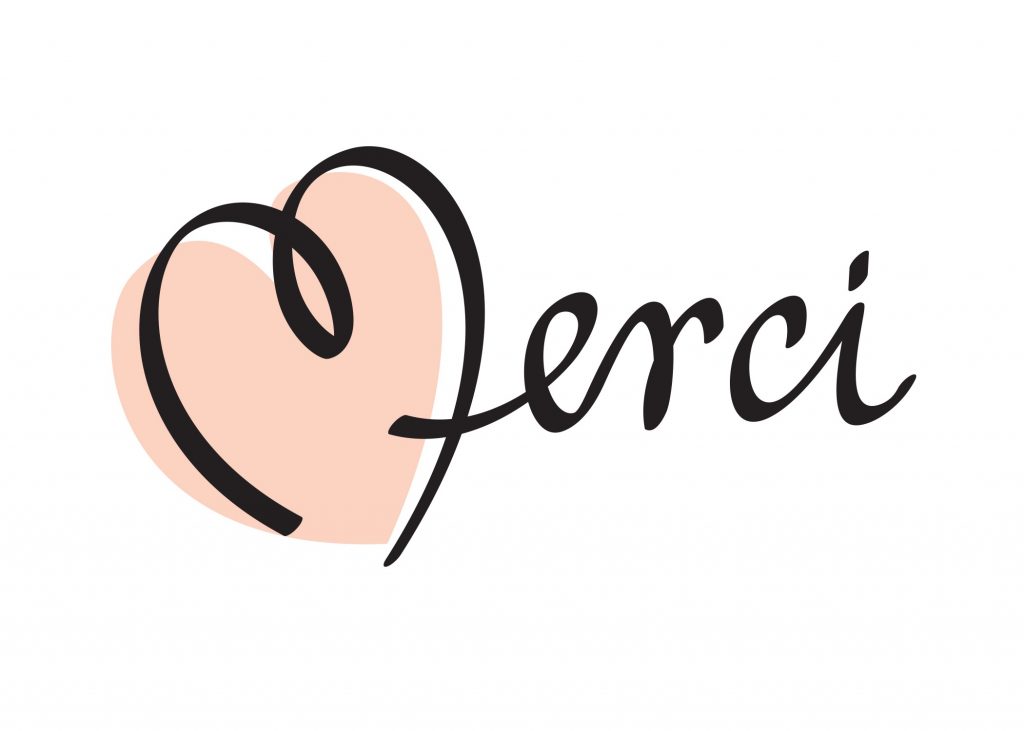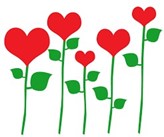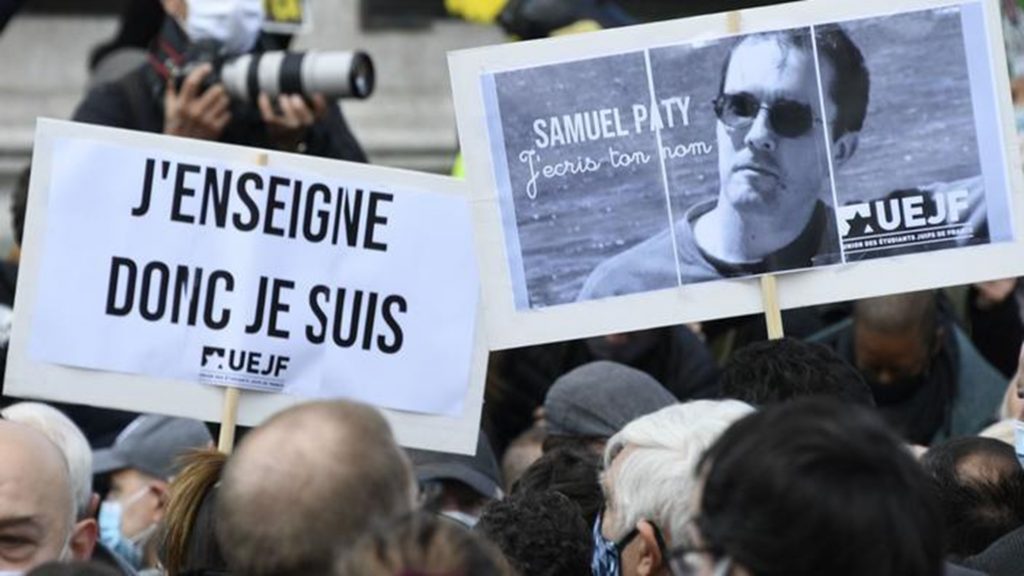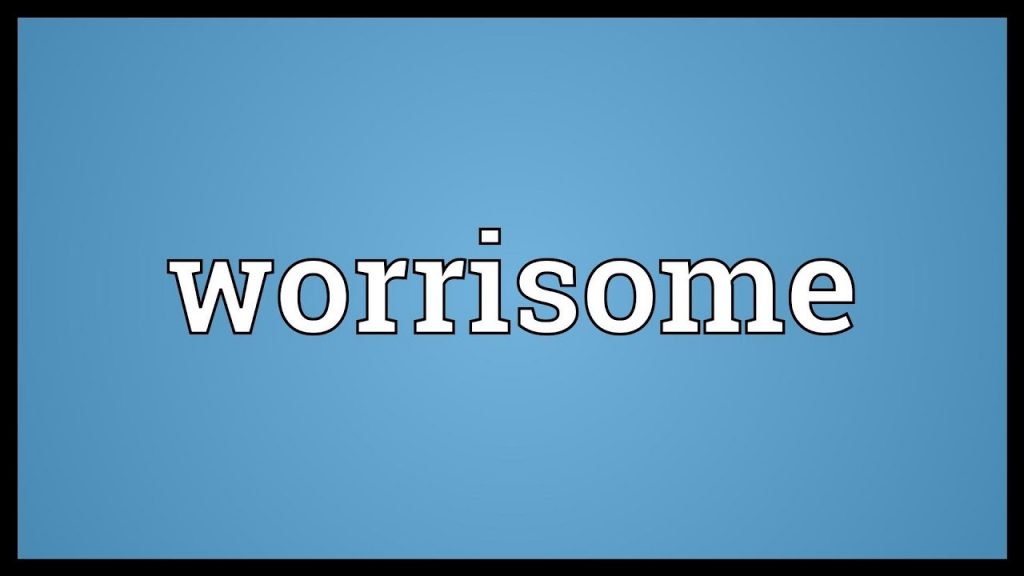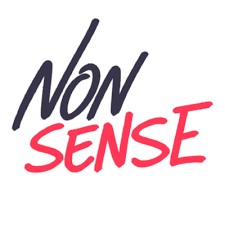Ms. Sophie Durocher made Bambi laugh this morning. Below is her article published in the Journal de Montréal, followed by a quick English translation.
It was somehow ironic for Bambi to read this article immediately after hearing dramatic news from her birth country, which is traditionally known for its delicious food. Sadly, because of hyperinflation, an increasing number of Lebanese people cannot afford to purchase food anymore (half of them are under the poverty line). What a contrast between this harsh reality and the article of some American food columnists. From the comfort of their offices, the latter are seriously promoting banning words related to food… in the name of anti-racism, as you can see below.
However, before sharing Ms. Durocher’s article, which is a satire of the above, Bambi feels like making a silly suggestion: If we ban the word “exotic“, can we replace it with “erotic” :)? Yes, she is very serious and here is why: When Bambi’s Dearest cousin was a child/pre-teen, she mixed these two words once. How is that possible, you may wonder? Well, she is English-educated (French is her third language; unlike Bambi whose second language is French). She went to meet her mom at the hairdresser. A senior client asked her what she was planning to do for Halloween (or a similar Middle-Eastern celebration where kids wear costumes…). The lady asked her question in French, not in Arabic. Very seriously, Bambi’s cousin replied using a well-structured sentence that she was going to have fun at an “erotic party” (instead of “exotic”!). Needless to say that the face/eyes of the old lady (and the other Beauty salon’s clients) showed some signs of shock :). The entire family spent years laughing at this CUTE incident (hi Joumana, Bambi misses you :))!
Anyhow, here is Ms. Durocher’s article (https://www.journaldemontreal.com/2021/07/16/arretez-de-parler-de-cuisine-exotique):
“Stop
talking about exotic cuisine!
Oh my God!
They dared! The anti-racists who see racism everywhere, who forbid words, who
censor works and who boycott individuals have been bold enough to declare that
talking about “exotic cuisine” is racist and xenophobic.
The great thing about woke activists, who constantly see racism where there is none, is that they make us laugh: you never know where or when they are going to strike.
But we’re
sure they’ll entertain us!
IN HOT WATER
She’s a
Washington Post food columnist who wrote a crazy piece called Stop Talking
About Exotic Food.
She says
when readers criticized her for using “exotic” ingredients in her
recipes, it “hit her like a slap in the face.”
Then she wrote
the following enormous nonsense [“stupidity” is an alternative translation of bêtise”]: “The
most crucial problem with the use of the word ‘exotic’ is that one indirectly
lengthens the metaphysical distance between one group of humans and another
and, this doing so reinforces xenophobia and racism ”.
Yes Madam,
yes Sir. If you call the Thai restaurant around the corner an
“exotic” restaurant, you are a xenophobic villain. If you find durian,
this Southeast Asian fruit that stinks of carrion and old socks
“exotic”, you are a dirty racist.
But that’s
not all: Mrs. G. Daniela Galarza also quotes a university professor who affirms
most seriously in the world that the fact of qualifying a food as “exotic”, it
is linked to the “history of colonialism and slavery.
If you are
exotic, you are necessarily an Other, you are not one of Us “, says this
expert!
Yes Madam, yes Sir. If you call the Thai restaurant around the corner an
“exotic” restaurant, you are a xenophobic villain. If you find
durion, this Southeast Asian fruit that stinks of carrion and old socks
“exotic”, you are a dirty racist.
But that’s
not all: Mrs. G. Daniela Galarza also quotes a university professor who affirms
most seriously in the world that the fact of qualifying a food as “exotic”, it
is linked to the “history of colonialism and slavery.
If you are
exotic, you are necessarily an Other, you are not one of Us “, says this
expert!
Want proof
that the word exotic is racist? “I’ve never heard the word ‘exotic’ used to
describe something white. No one calls the McDonald’s Big Mac exotic, ”says a
sociology teacher quoted in the article. The word “exotic” is used to
“ostracize the Other by giving oneself all the power”, a word coined
by people who “think they are the center of the world”.
Excuse me,
but the first time you ate a kiwi, that hairy fruit that looks like a gorilla’s
testicle, you may have found it “exotic” without being a xenophobic
villain who is scared of New Zealanders. I’m sure that when a resident of East
Papua eats a poutine for the first time, he will find it quite “exotic”.
Before being
told not to use the word “exotic” anymore, do you want to know what
other word is causing trouble for little fragile anti-racist beings? The word
“orientation”.
Why ?
Because, according to the Washington Post, the word refers to an individual’s
position in relation to the East. So it’s a Western-centric word.
I think
it’ll take a good sense of direction to find my way back to the nearest ethnic
restaurant to eat exotic food and make the little Washington Post lesson-givers
scream.
What? Did I
just put my foot in my mouth?”
